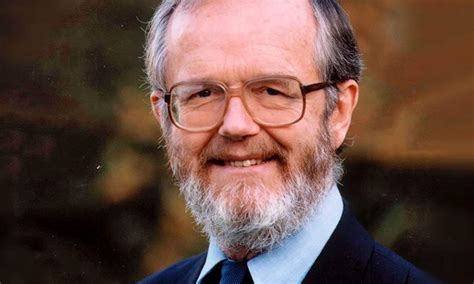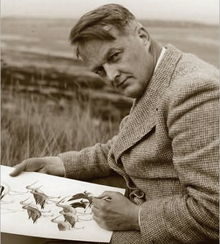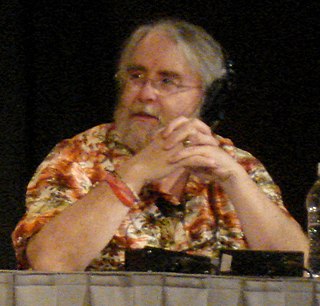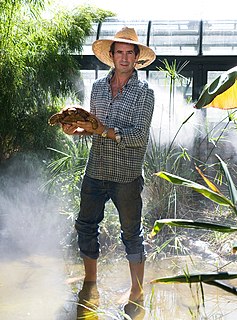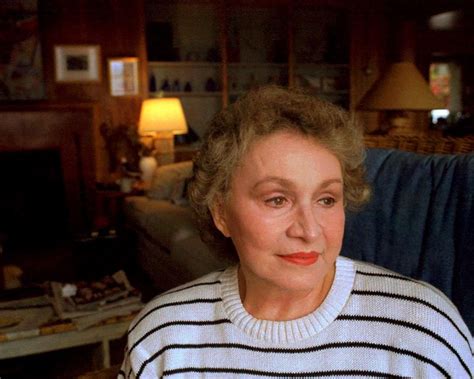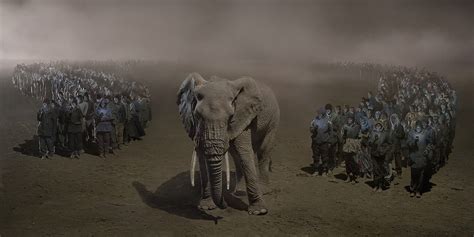A Quote by Norman Myers
Without knowing it, we utilize hundreds of products each day that owe their origin to wild animals and plants. Indeed our welfare is intimately tied up with the welfare of wildlife. Well may conservationists proclaim that by saving the lives of wild species, we may be saving our own.
Related Quotes
We need others for our physical, emotional, and spiritual well-being. Without others we are nothing. Our sense that we are an island, an independent, self-sufficient individual, bears no relation to reality. It is closer to the truth to picture ourself as a cell in the vast body of life, distinct yet intimately bound up with all living beings. We cannot exist without others, and they in turn are affected by everything we do. The idea that it is possible to secure our own welfare while neglecting the welfare of others, or even at the expense of others, is completely unrealistic.
Hear and attend and listen; for this is what befell and be-happened and became and was, O my Best Beloved, when the Tame animals were wild. The dog was wild, and the Horse was wild, and the Cow was wild, and the Sheep was wild, and the Pig was wild -as wild as wild could be - and they walked in the Wet Wild Woods by their wild lones. But the wildest of all the wild animals was the Cat. He walked by himself and all places were alike to him
General welfare is a general condition - maybe sound currency is general welfare, maybe markets, maybe judicial system, maybe a national defense, but this is specific welfare. This justifies the whole welfare state - the military industrial complex, the welfare to foreigners, the welfare state that imprisons our people and impoverishes our people and gives us our recession.
The environment is everything that makes up our surroundings and affects our ability to live on the earth - the air we breathe, the water that covers most of the earth's surface, the plants and animals around us, the overall condition of our planet, and much more. Protecting the environment is really important to everyone's welfare - that of our children, as well as that of the future generations.
Whatever the reason, for most of the present century, the literature and publicity of the old established [animal welfare] groups made a significant contribution to the prevailing attitude that dogs and cats and wild animals need protection, but other animals do not. Thus people came to think of "animal welfare" as something for kindly ladies who are dotty about cats, and not as a cause founded on basic principles of justice and morality.
A large animal needs a large area. If you protect that area, you're also protecting thousands of other plants and animals. You're saving all these species that future generations will want - you're saving the world for your children and your children's children. . . . The destruction of species is final. If you lose a species, you lose the genes, you lose all the potential drugs and potential foods that could be useful to the next generations. The ecosystems will not function as they have.
We owe each other a debt and we owe each other an obligation, and because of these fundamental American imperatives, there are things that we own in common with each other, and that we are obliged to protect for our posterity. The water. The trees. The wild places in the land. We lose sight of these truths sometimes.
Few photographers have ever considered the photography of wild animals, as distinctly opposed to the genre of Wildlife Photography, as an art form. The emphasis has generally been on capturing the drama of wild animals IN ACTION, on capturing that dramatic single moment, as opposed to simply animals in the state of being.
Each of us must come to care about everyone else's children. We must recognize that the welfare of our children and grandchildren is intimately linked to the welfare of all other people's children. After all, when one of our children needs lifesaving surgery, someone else's child will perform it. If one of our children is threatened or harmed by violence, someone else's child will be responsible for the violent act. The good life for our own children can be secured only if a good life is also secured for all other people's children.
